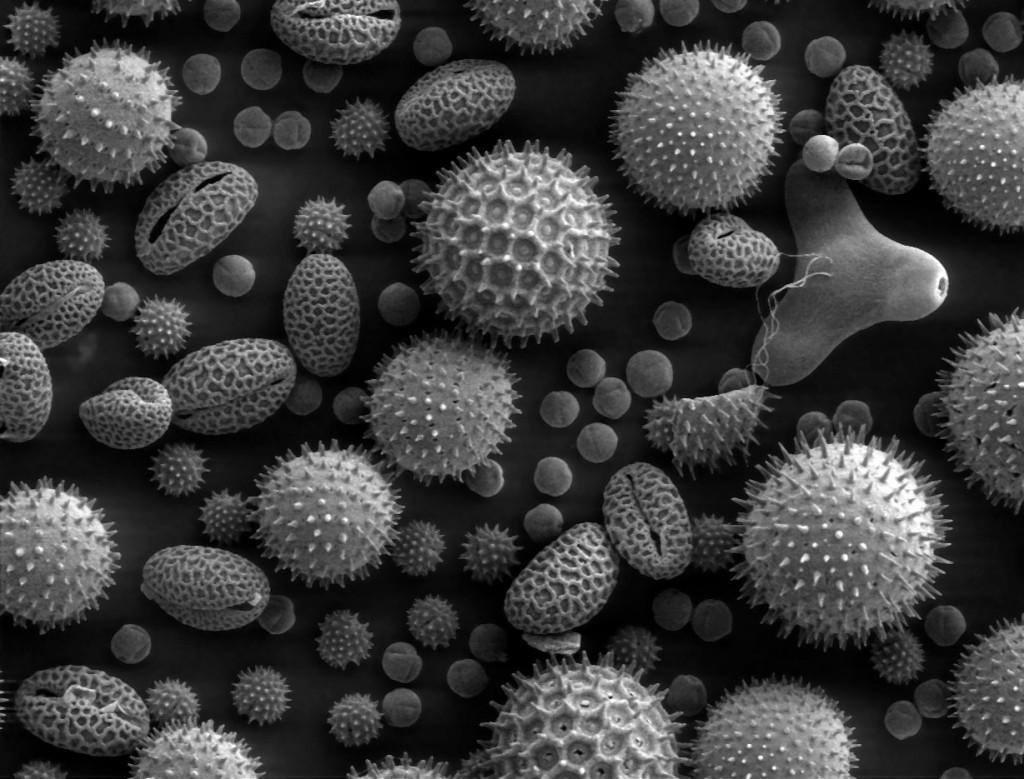Unless You’re Allergic to Final Exams: Hay Fever and Mold May Be the Real Reasons You’re Having Trouble Studying
August 3, 2011

It’s allergy season. Sneezing students, itchy eyes and stuffy noses are back on campus. For Fordham College at Lincoln Center (FCLC) students, seasonal allergies pay a visit during the last few weeks of the spring semester— which can be seen as a major problem considering finals are around that time. So how are these FCLC students going to handle the brutal symptoms of various seasonal allergies while trying their best to ace the last exams of the spring semester?
Fatima Bazzi, FCLC ’13, said, “When it comes to my allergies, they become unbearable, but I try to be consistent with my medications to avoid all the symptoms. As for how I am going to survive during finals? I’ll try my best to stay indoors to avoid the pollen as much as possible.”
The Fordham University website has provided students with Aero-Allergen Monitory stations to help track down which pollens are most present in the air. With these pollen reports, students can get an idea of exactly what they’re allergic to, based on how bad their symptoms are in relation to which pollen is most present in the air that day.
People can be allergic to one or several allergens. The most likely allergens include pollens, molds, dust mites, animal dander (dead skin flakes from animals with fur), foods, medications, cockroach droppings and insect stings. But seasonal allergies, also known as “hay fever,” are caused by allergies to the pollen of trees, grasses, weeds or mold spores. Most commonly, people are allergic to molds and pollens. For the Lincoln Center area, some of the most common allergenic pollens are oak and birch.
According to Guy Robinson, a natural science professor at FCLC, “If you keep up with the pollen reports, then you should be able to determine how badly your allergies will be that day. Take medications before your symptoms fully develop— the medication will be more effective in that way. Also, make sure central air filters are cleaned out frequently because that truly has an impact on your household and can definitely help you stay away from allergies within your living space.”
Like many college students, York Campos, FCLC ’13, will be too busy studying to take the time to care for his allergies, but he did offer some advice on how to take care of seasonal allergies ahead of the dreaded finals week. “I actually have little time to schedule appointments during finals, but during our mini April break, I try and schedule an appointment with my allergist to get prescription drugs and take them according to what my allergist suggested,” York said.
“This really helped me get through finals last spring because, truly, allergies really do get in the way of your flow when it comes to finals. You find yourself scheduling appointments while trying to get through studying, and it keeps you from your books, and you, of course, become twice as irritable because of finals and your stuffy, runny nose.”
To guarantee a successful finals week, begin piling your allergy medication and tracking pollen. Remember to clean the dust out of your vents and air conditioner when the weather starts getting warm. To avoid moldy shower curtains, be sure to spread it open and allow the water to dry. If it’s already too late to keep your shower curtain mold-free, you can put in a work order with facilities and request a new one. A few minutes of cleaning can save you from an entire month of misery, and hopefully the sneezing and itchy eyes won’t get in the way of achieving an “A.”











